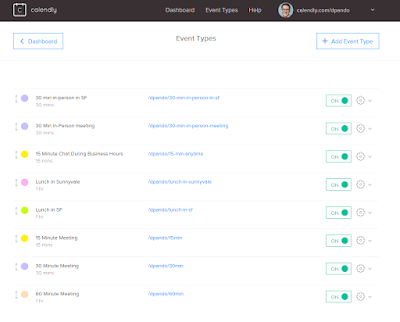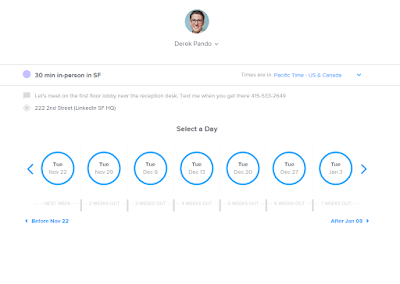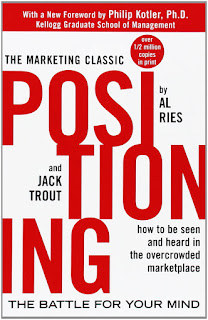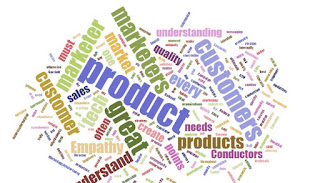What are the typical case interview questions you get asked for a product marketing role at tech companies?
It got me thinking about some common Product Marketing Interview questions. I've interviewed a good number of product marketers during my time at LinkedIn. Here are a few common ones.
1. Questions to see where your skill set really is within product marketing. It's hard to really understand what kind of product marketing someone has done until you start asking them questions.
2. Questions to test your product and industry expertise.
3. Questions to test your communication skills. I've said it often that your ability to communicate internally and externally is what makes or breaks a PMM.
4. Questions to test your strategic thinking. It's a very strategic position. If you click on the Quora link above I share one of my favorite case questions.
Here are a few other good resources.
Product Marketing Interview Questions: 6 Questions You Need To Ask
Enjoy!
















